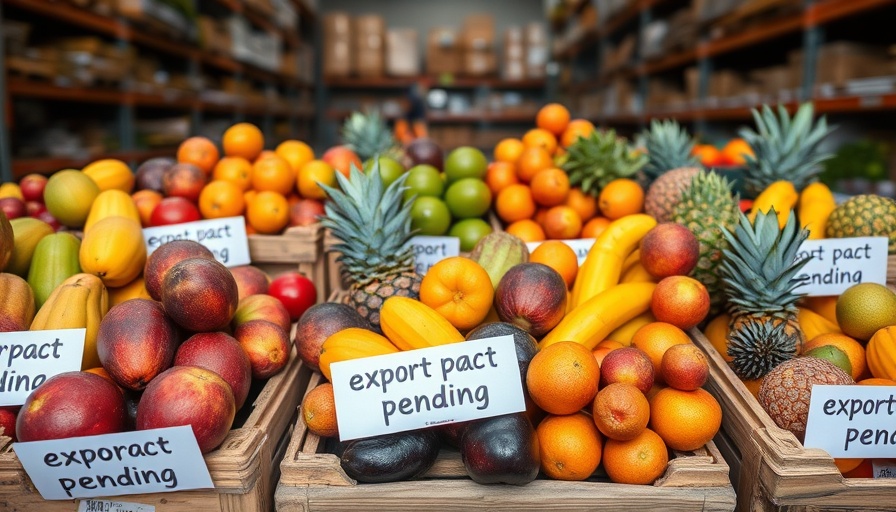
Shifting Dynamics in Ethiopian Business: The Al-Amoudi Legacy
The Ethiopian economy is currently witnessing a significant shift, largely epitomized by Sheikh Mohammed Hussein al-Amoudi's Midroc Group, a conglomerate that has stood as a symbol of business power in the nation for years. Recent developments, such as the sale of its Swedish assets to Varo Energy, signal a critical turning point as the group seeks new funding avenues amidst emerging competition.
The New Political Landscape
In recent years, the Midroc Group has not only operated within the private sector but has slowly woven itself into the fabric of Ethiopia’s governance, landing closer to Prime Minister Abiy Ahmed's administration. This transition raises interesting questions about the intertwining of business and politics in Ethiopia—a subject that is often intertwined with issues of governance, corruption, and democracy.
Rivalry and Economic Competition
As Al-Amoudi’s empire faces potential rivals encroaching on its territory, there are concerns over economic monopolies within Ethiopia. The rise of alternative business players alongside al-Amoudi's established interests may lead to a diversifying economy, enhancing competition, and possibly spurring innovation. This scenario parallels the broader continental narrative of anti-corruption and decolonization efforts that many African nations are currently navigating.
Future Outlook: A Need for Economic Growth and Development
Looking ahead, the Ethiopian economy finds itself at a crossroads, with various factors influencing growth. Initiatives such as the African Continental Free Trade Area (AfCFTA) open doors for seamless trade between nations, aiming to enhance Africa's economic independence and empowerment. In this light, Al-Amoudi's empire may need to adapt or risk becoming obsolete in a rapidly changing economic landscape.
Implications for the Youth and Future Generations
Ultimately, the fate of the Ethiopian conglomerate is intertwined with the ambitions of its youth. With unemployment rates high and a growing desire for entrepreneurship, the current economic climate could foster a renaissance of innovation among the younger demographic. Youth empowerment, driven by technology and a burgeoning startup culture, may create opportunities that challenge established entities.
Conclusion: An Ecosystem of Change
The evolution of Al-Amoudi's empire reflects broader themes of governance, corruption, conflict, and economic growth within Ethiopia. As this narrative unfolds, it highlights the potential for a revitalized economic structure that not only focuses on individual success but also on sustainable development and a brighter future for upcoming generations. Individuals interested in the dynamics of Ethiopian politics and economy are encouraged to engage more with these emerging narratives.
 Add Row
Add Row  Add
Add 




Write A Comment